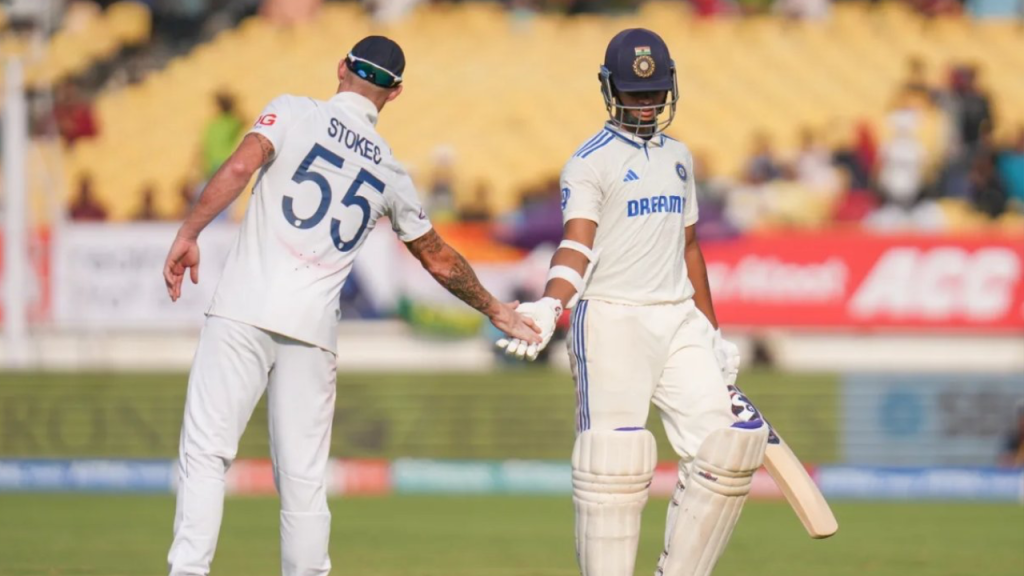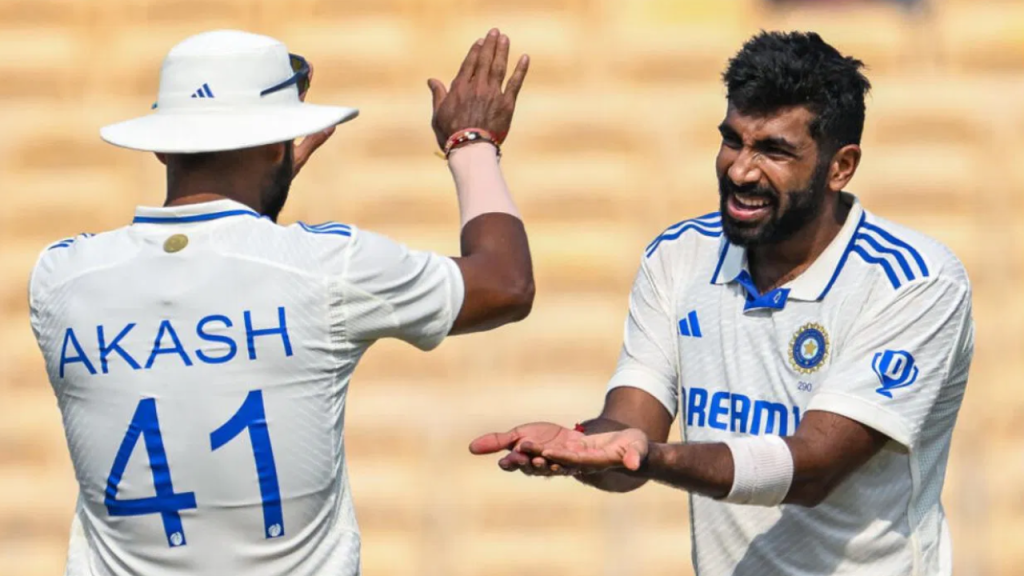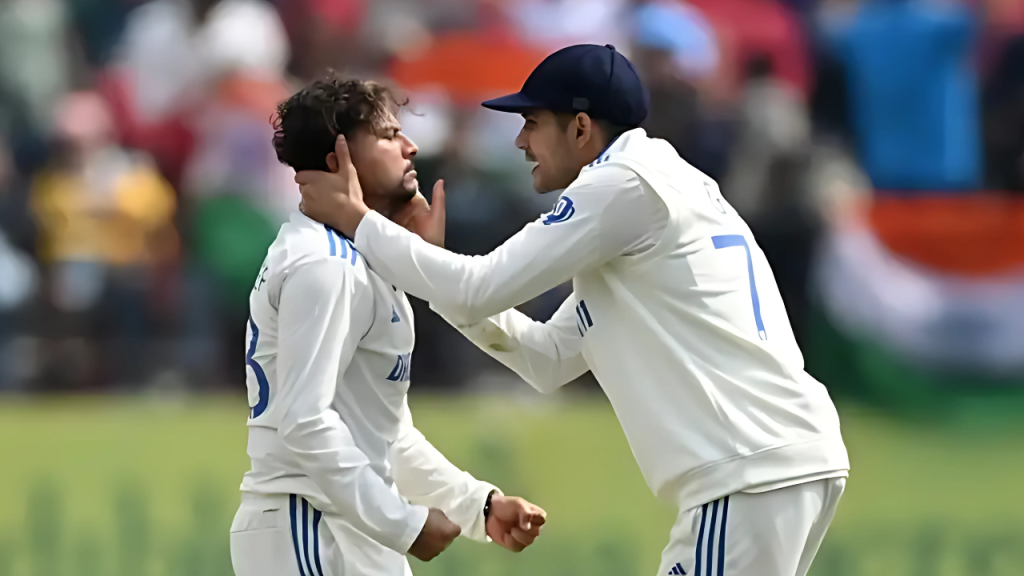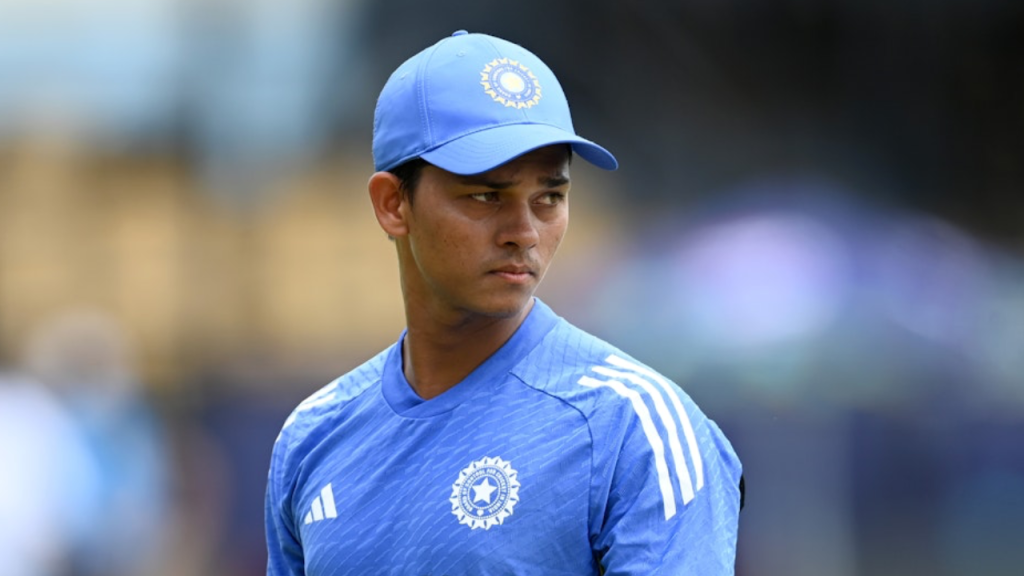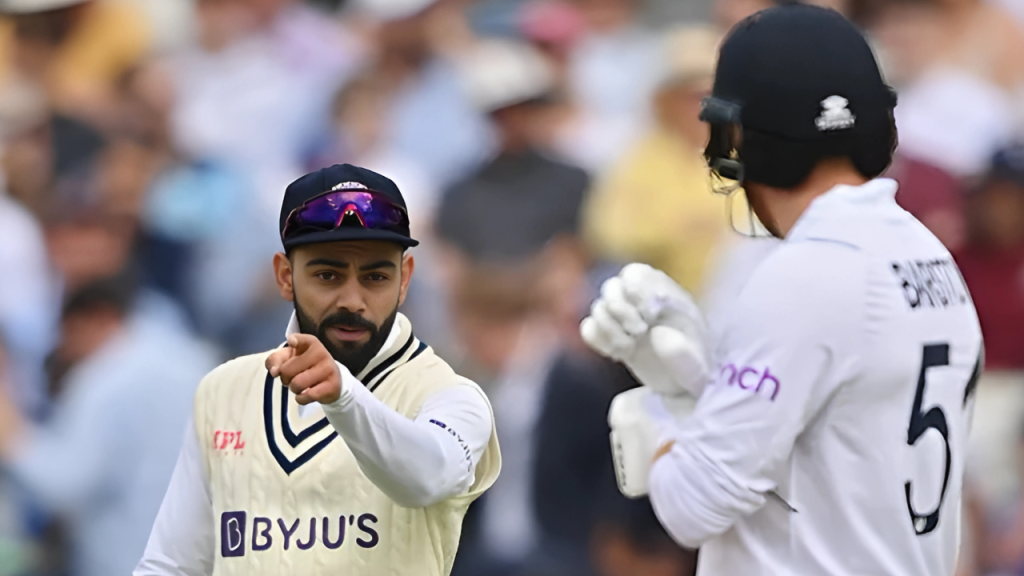The cricketing world witnessed a seismic shift as New Zealand, against all odds, clinched a 3-0 series victory over India in Test cricket, marking the first time in 4,331 days that India lost a series on home soil. This defeat wasn’t just a loss; it was a stark reminder of vulnerabilities within the team, particularly under the leadership of Rohit Sharma. The series outcome has sparked a robust debate on the future of Rohit Sharma as the Test captain, with fans, former players, and analysts dissecting every aspect of his tenure.
1. Inability to Concentrate on Batting:

Rohit Sharma’s captaincy has often been overshadowed by his batting performance, or the lack thereof, in the longer format. The dual responsibility of leading the side and performing with the bat seems to have taken a toll. His recent statistics paint a grim picture, with a noticeable dip in his batting average and strike rate when compared to his non-captaincy days. This series against New Zealand was no different, where his scores were modest at best, failing to anchor the innings or provide the aggressive start India needed. The captain’s role demands a significant mental bandwidth, and it appears that this has impacted Rohit’s ability to focus solely on his batting, leading to inconsistent performances that have been costly for the team.
2. Not Having the Right Time in the Longest Format:
Test cricket, with its demands for patience, strategy, and endurance, requires a captain who has the time and temperament to adapt to the evolving game. Rohit Sharma, despite his flair in limited-overs cricket, seems out of sync with the Test format’s pace. His tactical decisions, like choosing to bat first in conditions that didn’t favor batting or the over-reliance on certain bowlers, have been questioned. The series against New Zealand highlighted these misjudgments, where the team’s strategy often seemed reactive rather than proactive. This lack of foresight and adaptability in the longest format suggests that Rohit might not be the ideal captain for the nuanced, marathon-like battles of Test cricket.
Indian cricket, marked by the defeat to New Zealand, isn’t just about numbers or the loss of an unbeaten streak. It’s about the realization that leadership in Test cricket requires a different set of skills, perhaps more aligned with someone who can dedicate their full attention to the nuances of the game without the burden of batting expectations. Rohit Sharma’s captaincy has brought moments of brilliance, but the Test arena, with its unforgiving nature, might require a captain whose primary focus isn’t divided between leading and scoring runs.
As India looks towards rebuilding and reclaiming its status, the conversation around Rohit Sharma’s captaincy isn’t just about changing the guard but about finding the right balance where leadership enhances, rather than detracts from, individual and team performance. This series might well be remembered not just for the defeat but for the beginning of a new era in Indian Test cricket, where strategy, patience, and focus on the longest format could define the next captain’s legacy.
